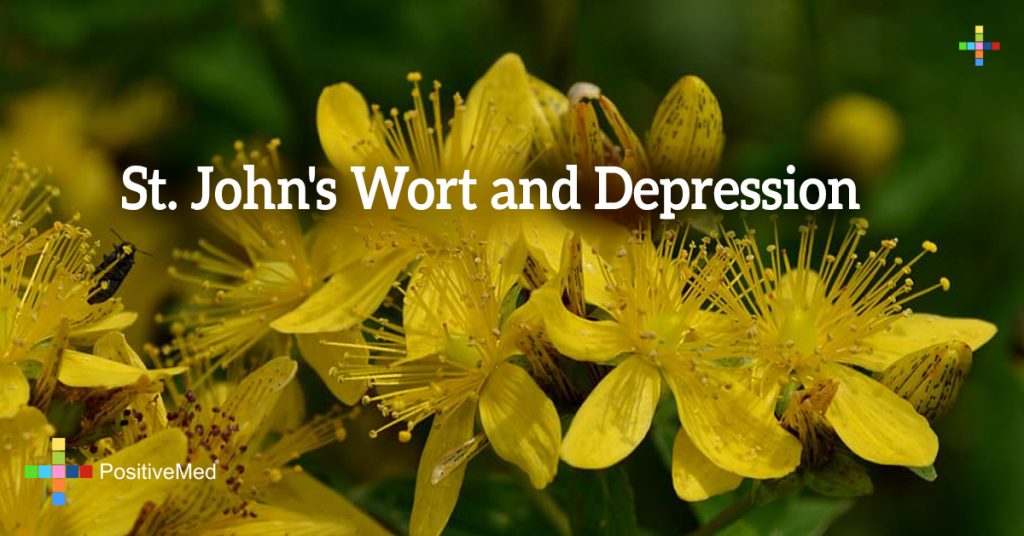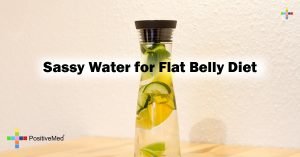
St. John’s Wort and Depression
By: Andres Carvajal
Edited By: Stephanie Dawson
St. John’s Wort (hypericum perforaturm) is an herb and natural supplement commonly used in the treatment of depression due to lower cost compared to prescription medication and it has fewer side effects. Recommended dosage varies and there is a chance of negative drug interactions. Scientific research on this herb has been unpredictable, and there is a possibility that benefits are overestimated. In people with major depression only some benefits have been shown, while in chronically depressed patients the improvement on symptoms is null or minimal. In folk medicine this herb is typically used for treatment of anxiety, melancholy, recurrent nightmares, spasms, diarrheas, hemorrhoids, menopause, and abdominal pain.
The antidepressant effect works because of hypericin, which inhibits the action of the monoamine oxidase (MAOI) a sedative. Essential oil of hypericin produces an antiseptic, astringent effect. The flavonoids are responsible for the anti-spasm affect. In cases of mild depression hypericin acts by making more available serotonin in the post-synaptic neuron. In countries like Germany and Greece it is widely used in an essential oil through maceration of the leaves in olive oil.

As a nervous tonic its prolonged use (between 4 – 6 months) has a reinvigorating effect on the nervous system. Most sedatives have side effects because of the residual toxicity on the liver, which is not the case for this herb. The digestive effects of St. John’s Wort can help in the treatment of acid burns, diarrhea, and nausea. It can be effective in healing scars, burns, or ulcers on the skin.
Precautions:
Do not take St. John’s if you are taking any other medications for depression, anxiety, or other condition, it can interact with barbituates, antidepressants, narcotics, birth control pills, blood thinners, or acid inhibitors. Consult your doctor before using this herb. Topical use of hypericin requires caution in direct sunlight. Do not use during pregnancy.
This herb has many benefits. Extracts, oils, or pills can work, always consult your doctor and be aware of the effects on your health. For mild depression its worth giving it a try, however be realistic and don’t expect a miraculous cure, its most effective for mild to moderate depression.
Sources
• 25.- NICE. Depression: management of depression in primary and secondary care: National Clinical Practice Guideline number 23; 2004 December 2004.
• 155. Leo RJ, Ligot J. A systematic review of randomized controlled trials of acupuncture in the treatment of depression. J Affect Disord 2007;97(13): 13-22.
• 157.- Nahrstedt A, Butterweck V. Biologically active and other chemical constituents of the herb of Hypericum perforatum L. Pharmacopsychiatry 1997;30 Suppl 2:129-34.





